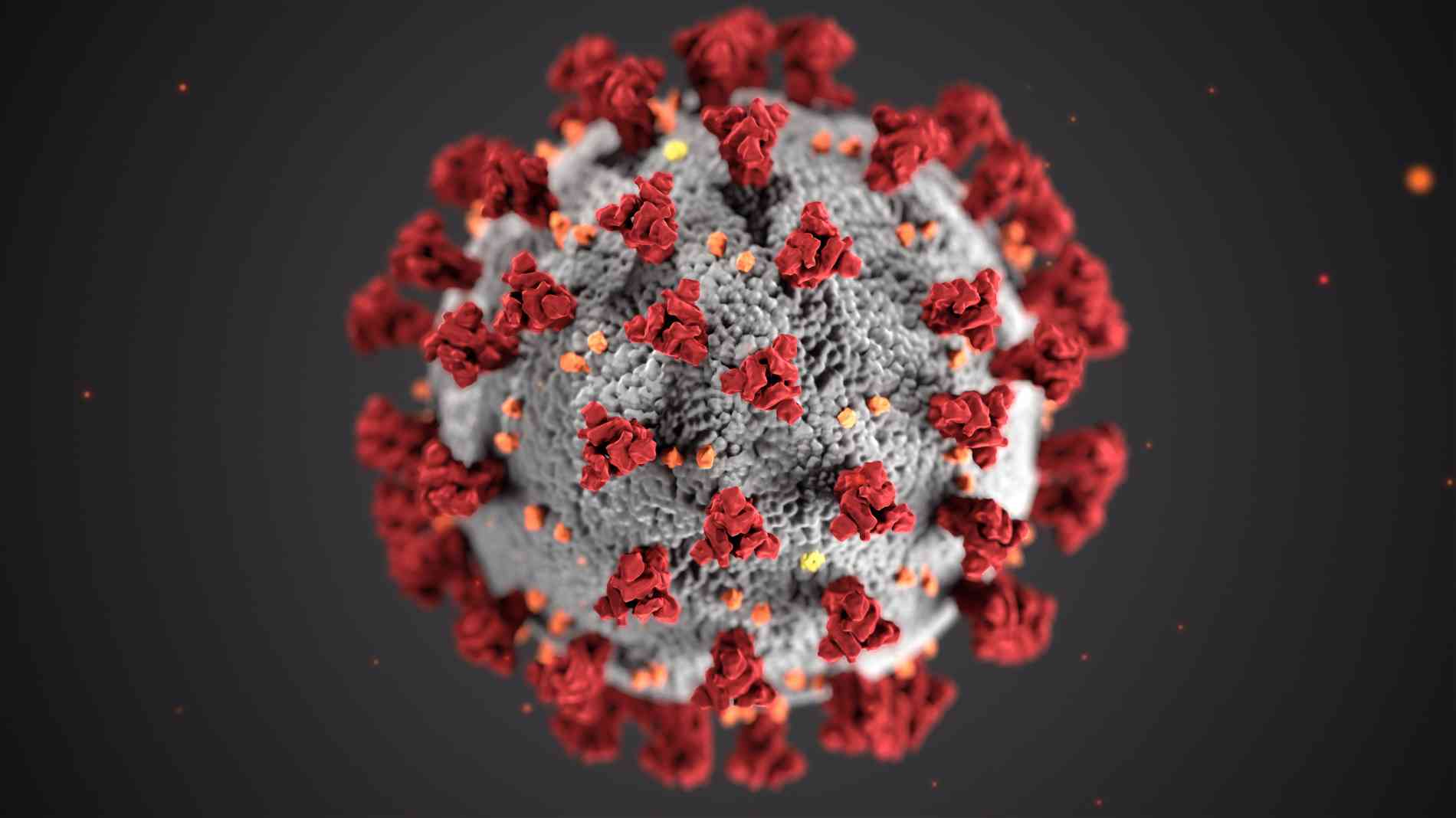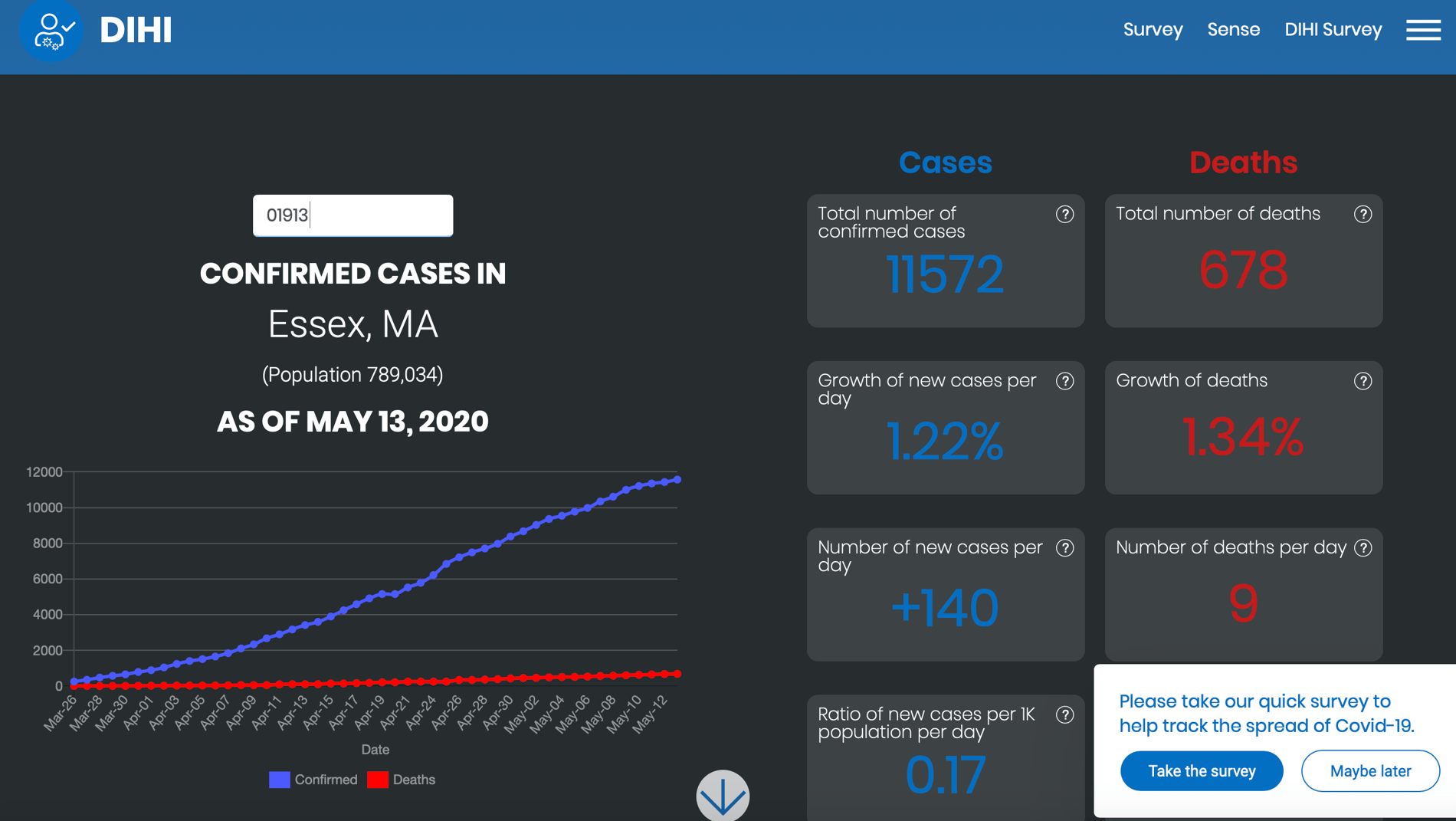Published on: May 15, 2020
4 min read
How an analytics software startup took aim at COVID-19
Illumina Consulting Group didn’t just sit idle during the pandemic. Here’s how they developed a COVID-19 assessment and analysis tool.

In the second of our irregular series on the intersection of technology and COVID-19, here’s a look at how one small software company changed gears to create a tool for symptom tracking.
We’ve heard a lot about companies around the world moving from toy production to personal protective equipment, or switching gears from making gin to making hand sanitizer.
But how about companies that have contributed in a more subtle way?
Illumina Consulting Group is a Maryland-based data analytics software startup that does most of its work for the intelligence community. Suffice it to say about two months ago the team found themselves with time on their hands, says CEO David Waldrop. "ICG has a very potent team of developers," he explains. "So when this COVID thing kind of happened, we were sitting around trying to figure out what to do for the next eight weeks or longer sitting at home like groundhog day, with every day the same as the next. How could we help with this COVID thing with our skillset? We build software, that's what we do for a living." (For the record ICG is a GitLab customer, but this isn’t a post about that.)
Waldrop’s team defined the requirements and concluded the biggest problem with this very contagious virus is a shortage of primary information. "Who's really got the disease and how early in the process can we detect them?" he asks. "And the answer to that is pretty straightforward. Who's the person who knows if they've got the disease? Every person that's out there that's got a nose and ears and eyes that might have a sniffle and a fever. And so how could we get that information from those people? What if we just asked them?"
And with that simple thought process, a symptom assessment tool, DoIhaveit.net, was born. The tool offers users both a snapshot of COVID-19 in their area (based on zip code) and asks them to take a quick two minute health survey. Using the results of that data, DoIhaveit (or DIHI as they call it) offers advice straight from the Centers for Disease Control. The survey is anonymous – it does not collect personal identifying information or private health data.

Waldrop admits the team was skeptical at first about the idea of people being willing to contribute their experiences. But "everybody's got a mother or a grandmother or an older uncle or somebody," he says. "When that person goes to the hospital, they want there to be a bed and a ventilator and gowns and all that stuff available."
To meet those needs ICG built DoIhaveit with a frontend survey piece and a backend that will aggregate and analyze the data down to the zip code level. "We made it so the messaging at the assessment and the summary level can be jurisdictionally specific down to the zip code if necessary," he says. The team wanted it to be flexible for wherever the cycle takes an area from flattened curve to rising cases and to be modifiable by a public health or safety team that might want to adjust the parameters on the fly.
And that’s the real point of DoIhaveit, Waldrop says – to make sure doctors and hospital systems are prepared for a potential onslaught. "We built this as a public service and it’s ready to go." It’s in use in Virginia and the company wants to spread the word across the country. It’s completely free of charge for municipalities and Waldrop stresses ICG isn’t making any money from this. "We hope to get this into as many hands as possible."
Cover image by Centers for Disease Control on Unsplash

